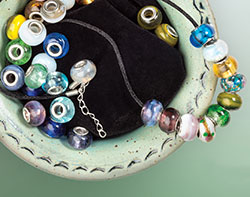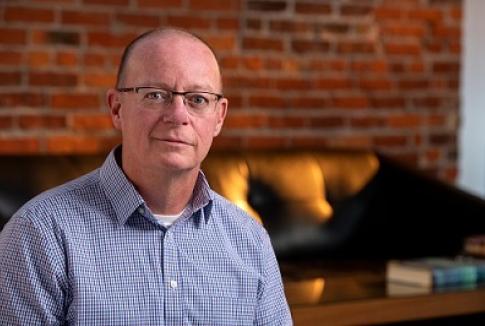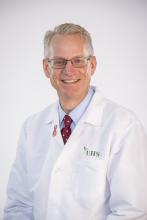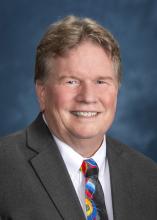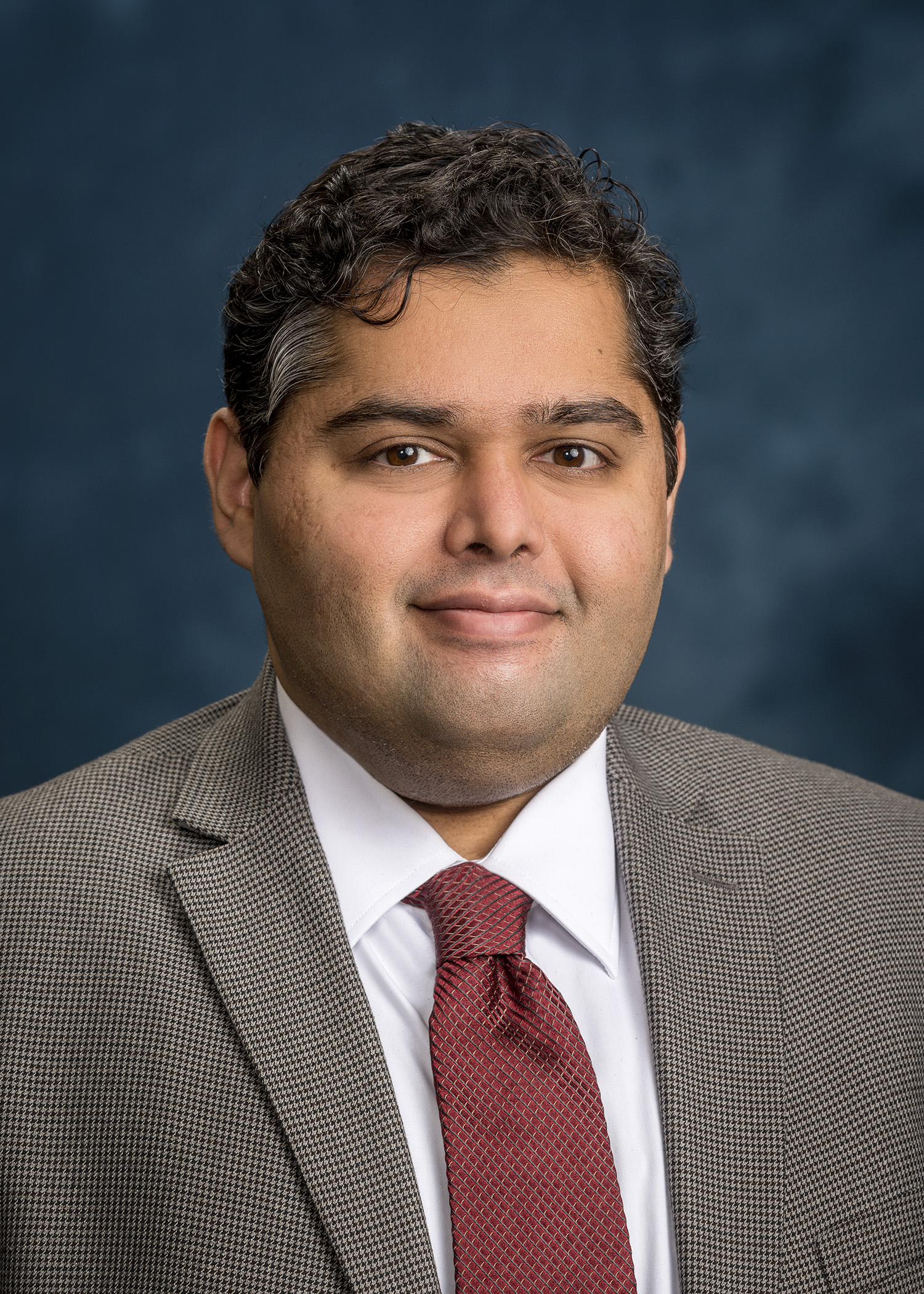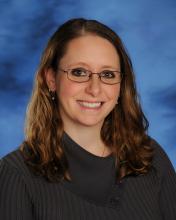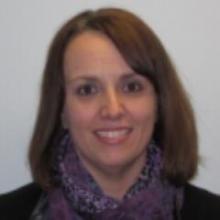
Cancer
Expect to find some of the best cancer care and cancer treatments in New York’s Southern Tier at UHS, including cancer screenings and diagnosis, treatment, and survivorship and support services.
Advanced, Accredited Oncology Care & Treatment
You can trust that you’re getting the highest level of New York cancer treatment and diagnosis screenings in the Binghamton area at UHS from some of the best oncology doctors that treat a variety of cancer conditions. Our commitment to sophisticated, comprehensive cancer care is evidenced by several accreditations, which include:
- Commission on Cancer of the American College of Surgeons
- National Accreditation Program for Breast Centers
- American College of Radiology Oncology Practice
- ACRO
What these commendations mean for you is safe, trustworthy cancer and oncology care in New York for Binghamton and the surrounding area that takes advantage of the latest and most advanced cancer treatment therapies available.
Multidisciplinary Cancer Care Team
While one oncologist (cancer doctor) may be your primary care provider for your cancer treatment, many doctors and medical personnel at UHS will contribute to the development of your care plan.
You’ll benefit from our multidisciplinary team approach to cancer care. Our medical staff comes together frequently to share information about the latest developments in the field and advise each other on diagnosis and treatment recommendations.
Journey Beads Program
Celebrating every step in your cancer journey
We know how hard it is to cope with a diagnosis of cancer. Every step in that journey is a milestone, a victory.
And we believe every one of those victories should be celebrated. That’s why we’re offering Journey Beads, a series of free, colored glass beads you can wear on a silk string.
Each bead symbolizes an important point in your journey, a specific procedure or trial you have endured.
The beads serve as a testament to your strength and courage, a reminder of your endurance as a fighter and survivor.
Beads and strings are available at both Medical Oncology and Radiation Oncology at UHS Wilson Medical Center, and from our Oncology Nurse Navigators. Beads are also available in the Oncology Department at UHS Chenango Memorial Hospital in Norwich. Just ask.
Wear your Journey Beads to mark the steps you want to celebrate in your journey, your own unique walk of fortitude and hope.
Expert Cancer Care Close to Home
Find exceptional cancer services throughout the UHS service area in New York’s Southern Tier. Services and cancer treatments may vary by location. Your oncology will refer you to the cancer treatment facility and oncologist in the Binghamton area that best suits your care needs.
Brian's Story
This is the story of a UHS patient and his experience with coordinated care at UHS Oncology.
View more patient stories >
Road to Recovery Program
UHS has partnered with the American Cancer Society’s Road to Recovery program, which removes barriers to cancer treatment by providing people facing cancer with free transportation to treatment and other medical appointments.
Learn More >

UHS News
-
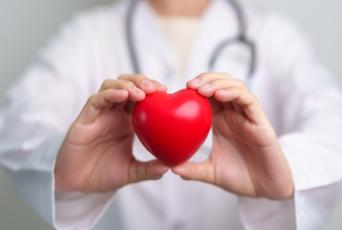 One local heart patient’s journey to a healthier futureFebruary 23, 2026
One local heart patient’s journey to a healthier futureFebruary 23, 2026Your heart works hard for you every day. From keeping blood flowing to supporting your energy and overall well-being, your heart is truly at the center of your health. That’s why having access to expert cardiac care close to home is so important.
-
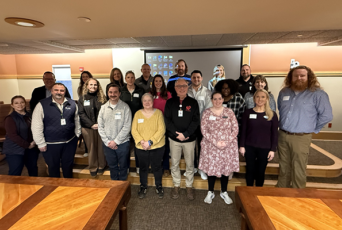 UHS hosts BLI's 2026 Healthcare DayFebruary 20, 2026
UHS hosts BLI's 2026 Healthcare DayFebruary 20, 2026UHS proudly hosted the Broome Leadership Institute’s (BLI) 2026 Healthcare Day on Feb. 19, welcoming the Class of 2026 for a full-day, immersive look into how UHS cares for the community and supports the region’s evolving healthcare needs.
-
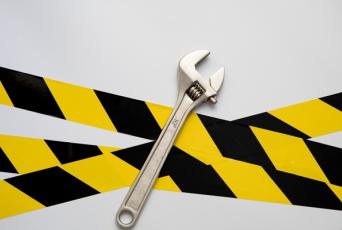 Parking, entrance changes amid renovations at UHS Delaware Valley HospitalFebruary 19, 2026
Parking, entrance changes amid renovations at UHS Delaware Valley HospitalFebruary 19, 2026As work continues on the creation of a state-of-the-art, four-story Medical Neighborhood at UHS Delaware Valley Hospital, the following changes are now in effect regarding parking and how you will enter the hospital.
-
 UHS Launches MyChart “On My Way” for lab appointment online schedulingFebruary 17, 2026
UHS Launches MyChart “On My Way” for lab appointment online schedulingFebruary 17, 2026UHS has introduced a new digital feature designed to make laboratory visits faster, easier, and more convenient for patients. Patients can now use MyChart’s “On My Way” to save your spot in line for a future time that day.



